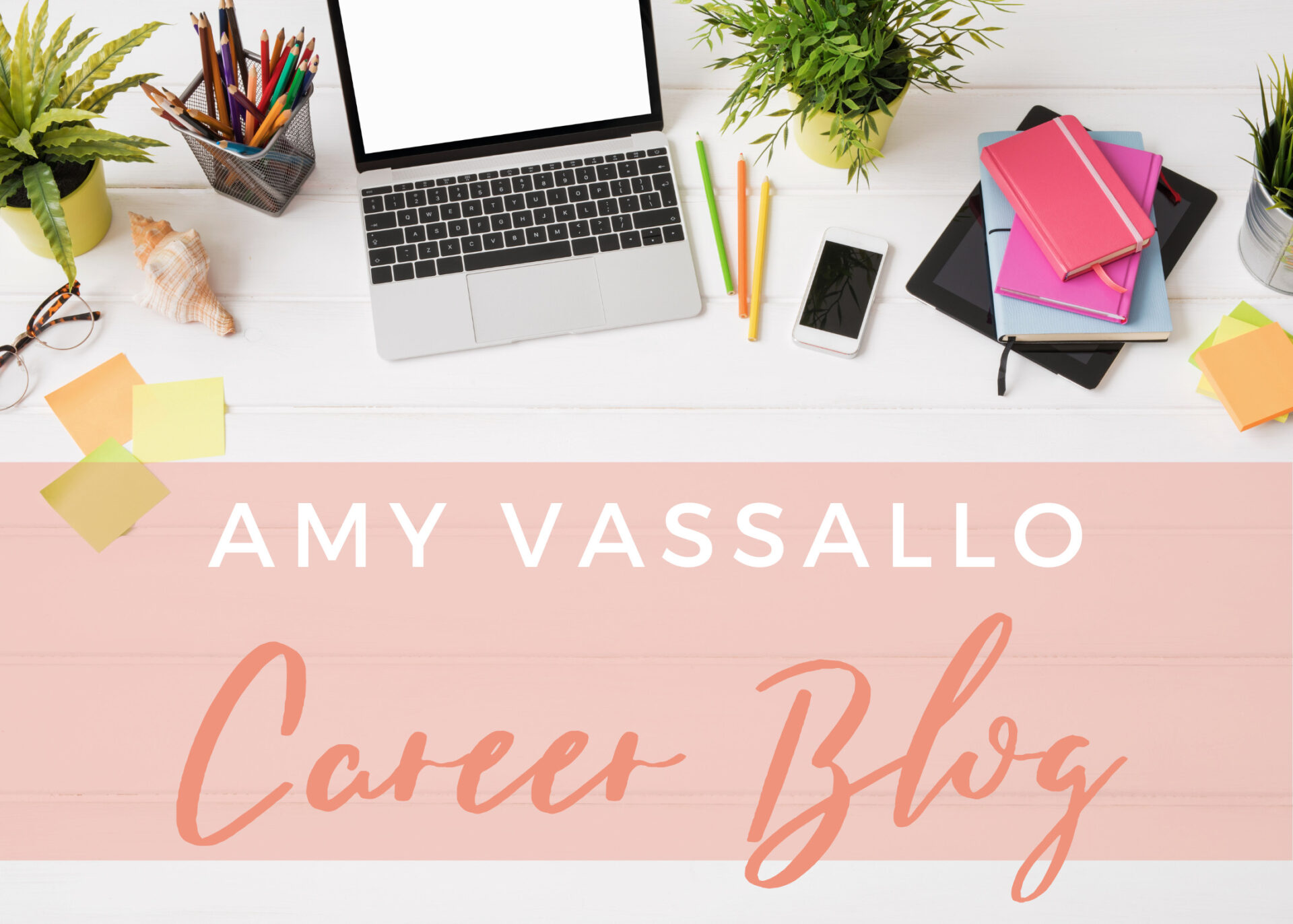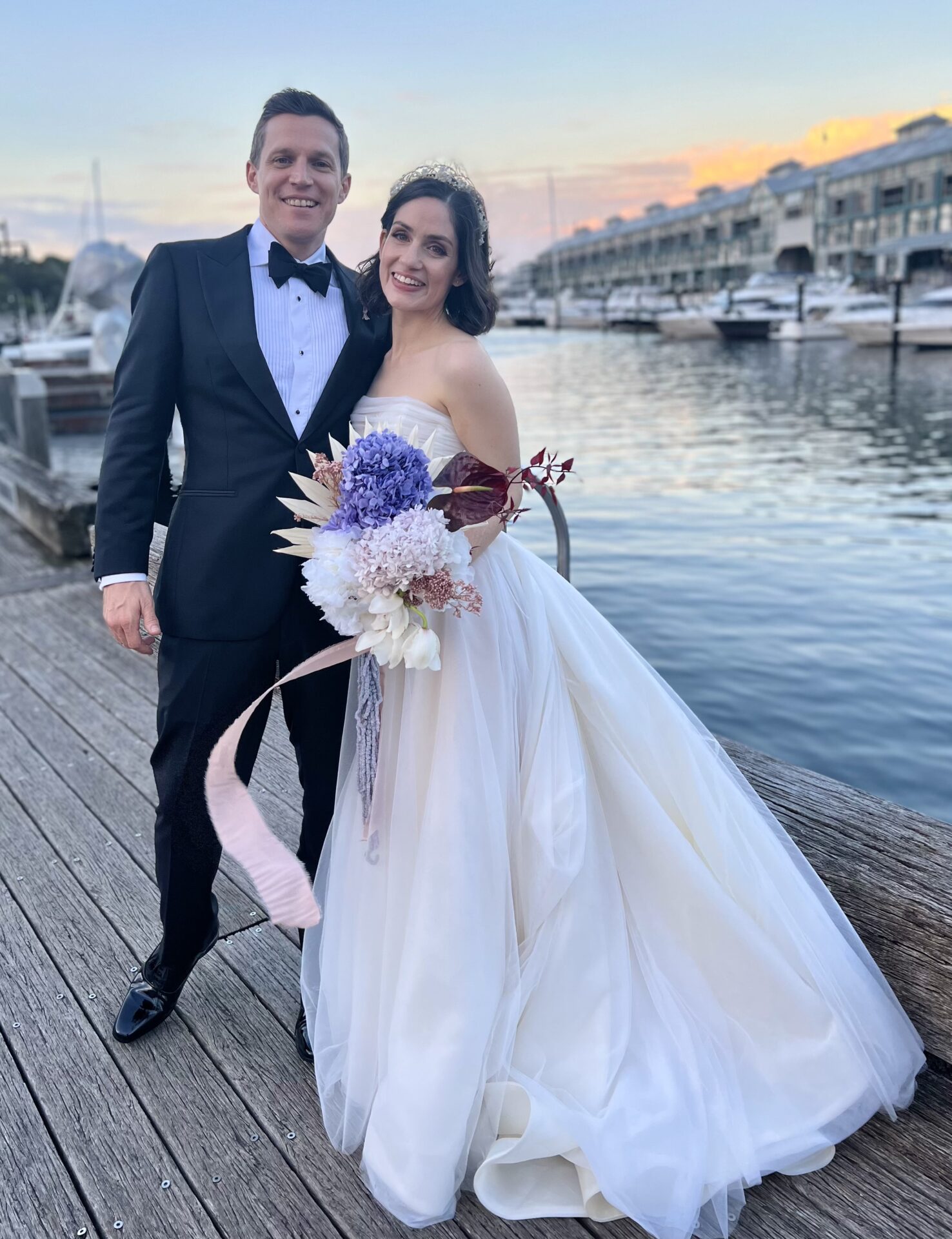
Meet Dr Amy Vassallo, long-time Franklin Women newsletter curator. Here she talks about her career transition out of academia and shares her practical career advice.

What is your current role and how did you get to be there?
I’ve been quiet online over the past few months because I have some career news … I’ve been finding myself in the big world outside of academia! I am now Manager and Research and Evaluation Lead at Rebbeck, a specialist consulting firm focused on supporting health and public service commissioning (more on what commissioning actually means in the next question).
I loved many aspects of my work as a researcher, but eventually realised academia might not be the best setting for my career long term. If I’m honest, I’m a rather impatient person, with curiosity across many topics (tough qualities in an academic). Ultimately, I craved more variety in my day-to-day work than academia could provide, but I remained motivated to solve human health problems, just in a different setting.
When I started to explore what a career could look like for me outside of academia my first step was reaching out to the Franklin Women network. I spoke with many women who generously shared their experiences of working in government, industry, charity and consulting roles (I cannot thank you enough!), and I used these conversations to inform a (old reliable) pro/con list, and list of non-negotiables for my next role.
I found out about Rebbeck on LinkedIn, and the work and values of the organisation ticked many of the right boxes on my pro/con list. I know it sounds cliché, but if you’re even starting to think about transitioning careers within the health sector, getting into LinkedIn will be so helpful for learning more about what else might be out there (and the suggested job ads are golden, thanks LinkedIn!).
How does your work contribute to the field and/or the overall health and wellbeing of the community?
My work is focused on supporting the design and implementation of healthcare commissioning in Australia. Commissioning is the process of planning, purchasing and monitoring services to ensure they meet the health and wellbeing needs and expectations of a local population, and improve outcomes that matter to people. I work on a project-by-project basis with health and community services departments, Primary Health Networks, hospitals, healthcare providers and consumers to plan, implement and evaluate effective services. By designing and delivering healthcare services that are tailored to local populations through commissioning we can improve health outcomes (not just outputs), reduce health inequalities, promote innovation and service improvement, and ensure that healthcare resources are used effectively.
Some examples of projects I have managed since commencing at Rebbeck include developing an approach to co-design sustainable primary care solutions with healthcare providers and consumers, creating a program logic model to evaluate the outcomes of a statewide government initiative, and applying a data-driven method to prioritise local health service needs in regional NSW during the First 2000 Days. These projects are all implemented in partnership with government, meaning findings can be rapidly implemented into services, or used to directly inform broader policy action.
So much of my new role is similar to my work in research, but this role has given me the opportunity to work directly with government organisations, translate research findings into services and action, and see a direct impact on public health.
What project would you love to get off the ground, or skill would you develop, if you had the opportunity?
I think I have to say PowerPoint.
What are your loves outside of work?
It’s not quite a hobby, but over the past few months I’ve been busy planning my wedding! One of the best parts (besides marring the love of my life of course) was being surrounded by the incredible friends I have made in the health and medical research sector, through jobs, Franklin Women, and even a conference organising committee or two.
The other love of my life is virtual spin classes! Cannot recommend them highly enough.
What is one piece of advice you could pass onto others following their own career in health and medical research sector?
As curator of the FW newsletter, this is always my favourite career profile response to read! I don’t think I can compete with the inspirational responses of past contributors, so instead I’m going to go with some practical advice. It’s ok to change your mind when it comes to your degree, PhD, job, or career. Our values, interests and priorities change over time, so its natural our career choices will as well. Don’t feel wedded to a path you previously chose that no longer works for you.
